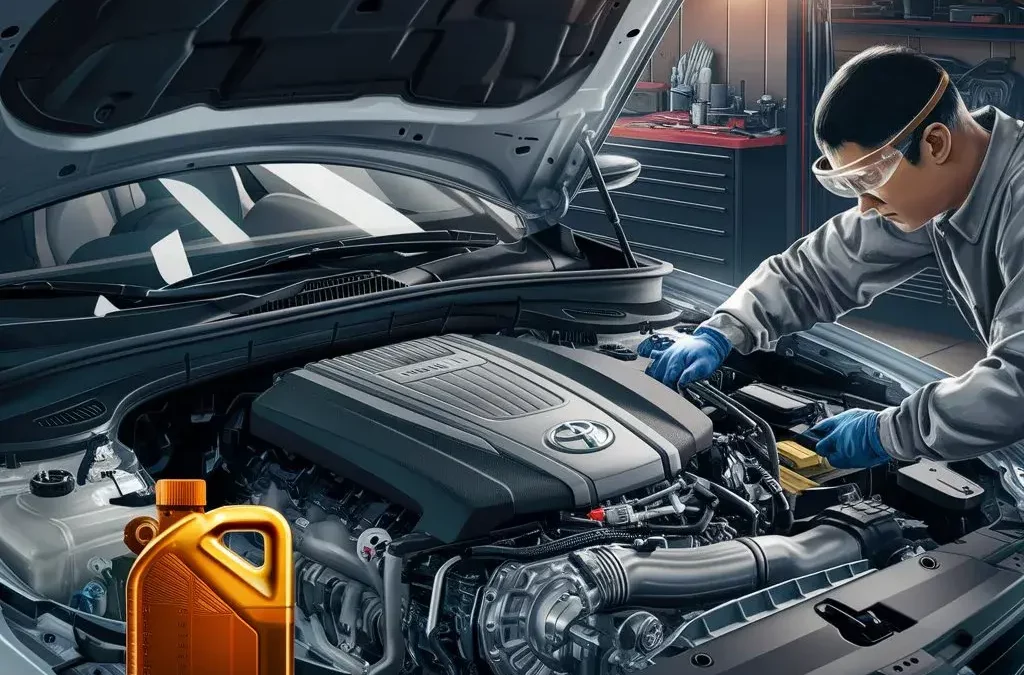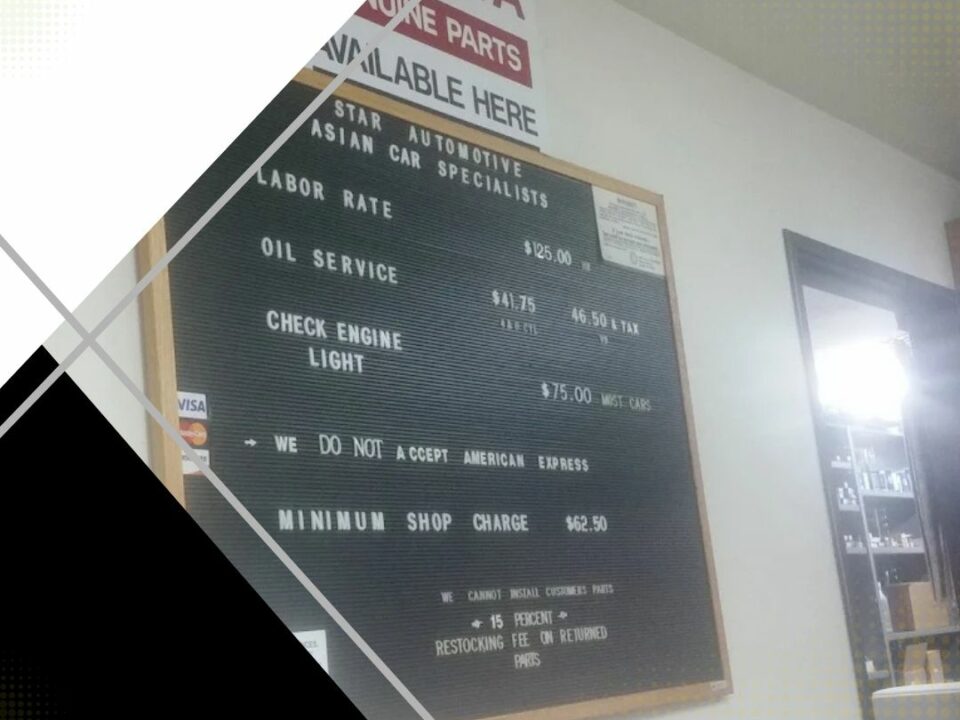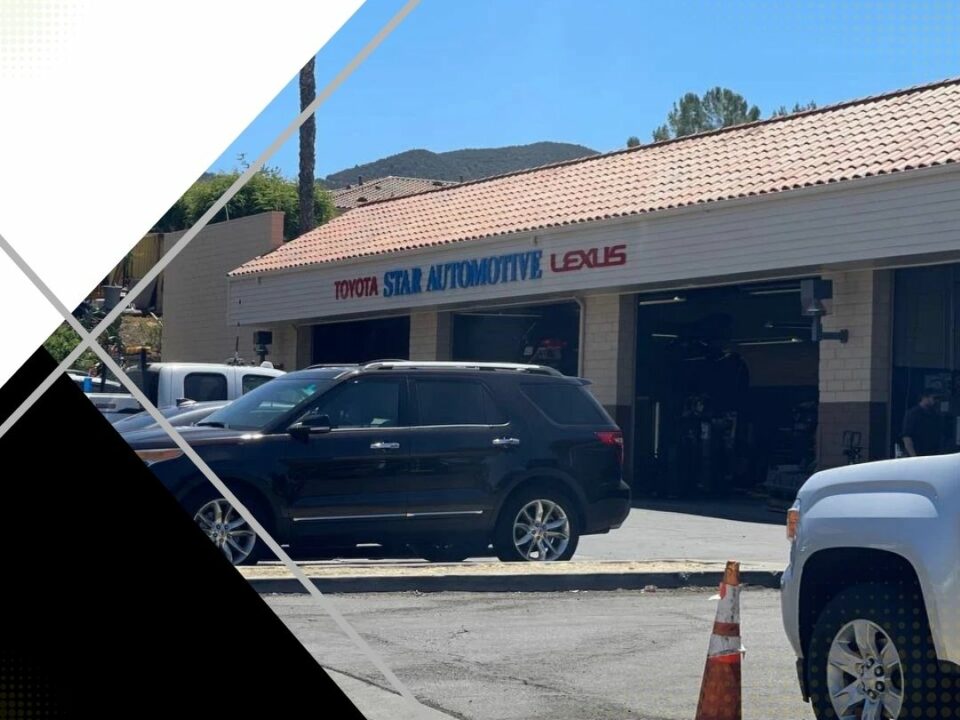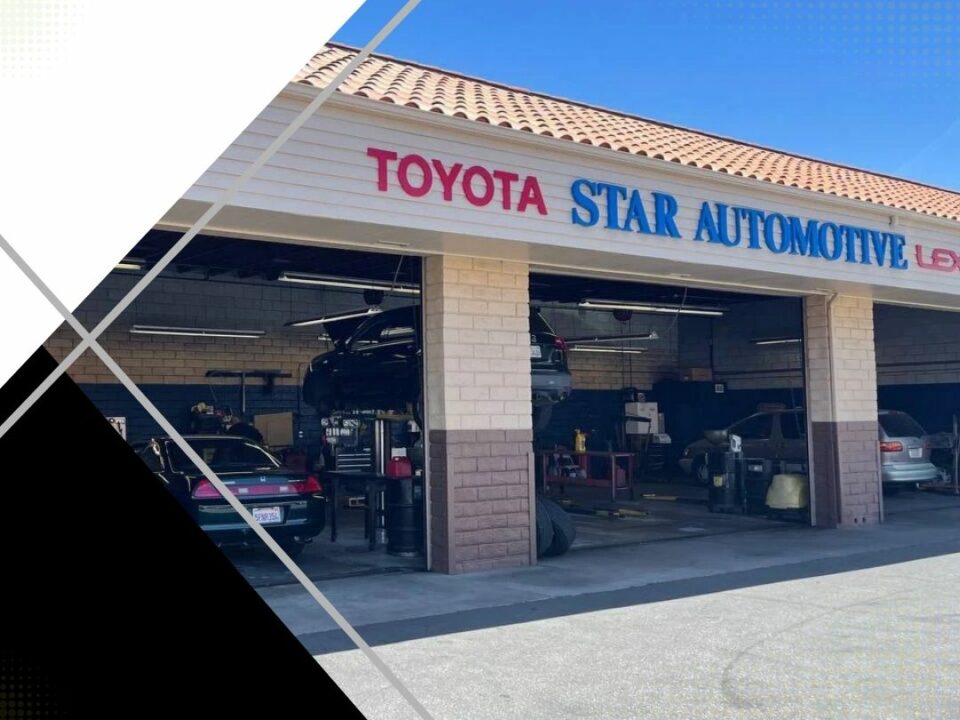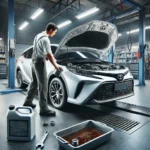
Common Causes of Excessive Oil Consumption in Toyota Vehicles
August 9, 2024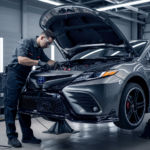
Engine Misfires in Toyota Vehicles: Causes and Solutions
August 11, 2024Excessive oil consumption in Toyota models has prompted both concern and a need for durable solutions among vehicle owners and technicians alike. While routine measures like monitoring oil levels and opting for oils with higher viscosity might offer interim relief, they do not address the underlying mechanical wear issues. The replacement of deteriorating piston rings and the repair of leaking valve seals emerge as critical interventions for curtailing oil loss effectively. Furthermore, the maintenance of the Positive Crankcase Ventilation (PCV) system plays a pivotal role in ensuring the engine’s efficiency and longevity. Toyota repair services are essential in addressing these issues and ensuring long-term engine health. The next step involves a deeper exploration into the diagnostic processes and the technicalities of implementing these repairs, which are crucial for achieving a long-term resolution.
Understanding Oil Consumption Issues
Excessive oil consumption in Toyota models can often be attributed to worn engine components such as piston rings or valve seals. These fundamental parts are crucial for maintaining the integrity of the engine’s internal environment.
When piston rings are compromised, typically due to prolonged exposure to high temperatures or inadequate lubrication, their ability to seal the combustion chamber diminishes. Consequently, oil escapes into the combustion area and burns off, leading to noticeable oil loss.
Similarly, deteriorating valve seals can contribute to oil consumption. These seals are designed to prevent oil from leaking into the engine cylinders. However, over time, exposure to harsh conditions can reduce their effectiveness, allowing oil to seep into the combustion chamber and vaporize during engine operation.
Understanding these mechanical relationships is essential. It empowers Toyota owners to identify potential issues early and seek appropriate solutions, fostering a sense of community and shared knowledge among enthusiasts and professionals alike.
Practical Remedies and Repairs
Having identified the common causes of oil consumption in Toyota models, it is now important to explore the effective remedies and repair strategies to address these issues.
First and foremost, it’s vital to perform regular oil level checks and changes. For Toyota owners experiencing excessive oil consumption, upgrading to a higher viscosity oil can sometimes offer a temporary solution by reducing the rate at which oil burns off.
More permanent solutions often involve mechanical interventions. Replacing worn piston rings, which are frequently the culprits in older models, can significantly reduce oil consumption. This process, however, is labor-intensive and requires disassembling a significant portion of the engine, making it advisable to entrust this task to a skilled mechanic.
Similarly, addressing valve seal leaks—another common source of oil loss—can help mitigate the problem. Specialized seal conditioners or a complete replacement of the valve seals might be recommended depending on the severity of the issue.
For those in our community who prefer a hands-on approach, ensuring that the PCV (Positive Crankcase Ventilation) system is functioning correctly is another crucial step. A clogged or malfunctioning PCV valve can cause increased pressure in the engine’s crankcase, leading to enhanced oil consumption through worn seals or gaskets. Regular maintenance of this component can prevent such outcomes, fostering a longer life for your Toyota’s engine.
In conclusion, addressing excessive oil consumption in Toyota models necessitates a multifaceted approach. Regular monitoring and timely oil changes, often performed as part of routine Toyota repair, serve as foundational practices.
The strategic use of higher viscosity oils can offer temporary alleviation, while the replacement of worn piston rings and valve seals provides a more definitive solution.
Additionally, maintaining the integrity of the PCV system is crucial for ensuring that these vehicles continue to operate with efficiency, akin to a well-oiled machine, thereby enhancing longevity and performance.

